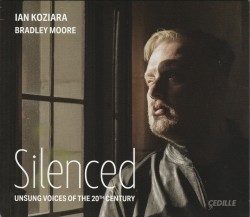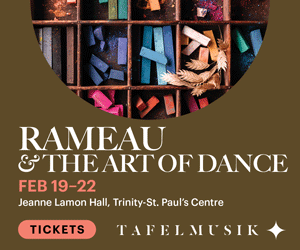 Silenced – Unsung Voices of the 20th Century (Schreker; Ullmann; Kapralova; Zemlinsky)
Silenced – Unsung Voices of the 20th Century (Schreker; Ullmann; Kapralova; Zemlinsky)
Ian Koziara; Bradley Moore
Cedille CDR 90000 231 (cedillerecords.org/albums/silenced-unsung-voices-of-the-20th-century)
They were enjoying successful careers as composers and conductors until their Jewish ancestry resulted in their “voices” being “silenced” by the Nazis, their music banned, their podium engagements cancelled, their lives altered. Franz Schreker (1878-1934) suffered a fatal stroke; self-exiled Vitežslava Kaprálová (1915-1940) succumbed to disease in France; Alexander von Zemlinsky (1871-1942) died, forgotten, in New York; Viktor Ullmann (1898-1944) was murdered in Auschwitz. But their music survives, here performed with operatic fervour by American heldentenor Ian Koziara; Bradley Moore scintillates in the often elaborate, extended piano accompaniments.
Three early songs by Schreker are highlighted by the surging, ecstatic Frühling (Spring), celebrating “spring’s splendour.” Heightened drama imbues five songs by Zemlinsky – two filled with reverential religiosity, two bitterly sardonic about wartime mutilation and mortality; the fifth, a despairing “dance of death.” Of the ten chromatic, emotionally-laden songs by Kaprálová, the first Czech woman to conduct professionally, I particularly enjoyed the rhapsodic Jitro (Morning), the wild, surrealistic Jamí Pout’ (Spring Fair), the regretful Navždy (Forever) and the passionate Čím Je Můj Žal (What Is My Grief).
Ullmann, despite studying with Arnold Schoenberg (who studied with Zemlinsky!), never embraced serialism, although his music is tonally ambiguous. Three of this CD’s seven songs stand out: the robust Schnitterlied (Reaper-Song), the satiric Die Schweitzer (The Swiss) and the ruminative Abendphantasie (Evening Fantasy). Abendphantasie, composed during Ullmann’s internment in Terezin, ends with the supremely ironic words, “my old age will be peaceful and serene.”



